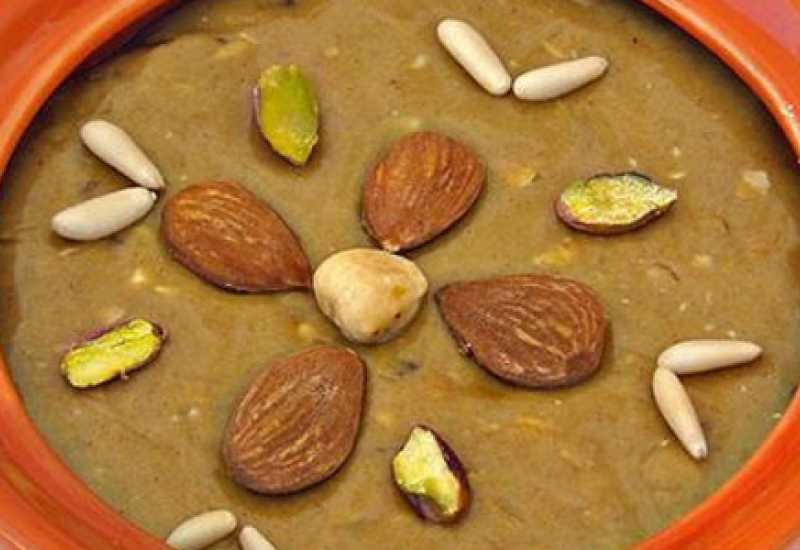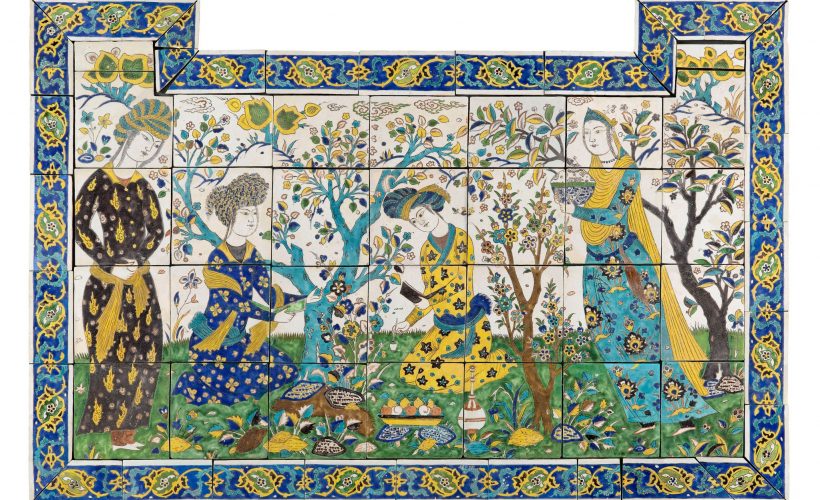History & Heritage
11.18.2021
Discover bsissa, this typical Tunisian dish

A unique recipe in the world It has the consistency of a paste and the color of chocolate, but it is not. Like many traditional North African dishes, the recipe for bsissa – and even its name – differs from country to country. Nevertheless, the basic recipe remains the same: a mixture of wheat or […]
A unique recipe in the world
It has the consistency of a paste and the color of chocolate, but it is not. Like many traditional North African dishes, the recipe for bsissa – and even its name – differs from country to country. Nevertheless, the basic recipe remains the same: a mixture of wheat or barley flour, chickpeas and different spices (coriander, fennel, aniseed), which a good dose of olive oil transforms into this grainy paste. This tasty mixture makes the bsissa a particularly high protein dish.
Very appreciated in Tunisia, the bsissa has a different taste according to the regions of the country. In the South, on the island of Djerba, it is out of the question to cook it without lentils or a touch of salt, because bsissa is considered a salty dish. In the North of the country, it is on the contrary appreciated as a breakfast dish, therefore sweeter. And like every traditional recipe, the bsissa is adapted to the evolution of tastes and cuisine: today, there are even recipes with chocolate and cocoa, to delight the youngest (and the greediest).
A dish that dates back to antiquity
It is always difficult to date the appearance of a dish or a culinary tradition of a country. Regarding the bsissa, historical findings show that it was already consumed in Tunisia there are … several hundred years! Indeed, Roman mosaics depicting the creation of the bsissa have been found in the region.
And obviously, this dish has survived the times, traditions, and even civilizations! Moreover, bsissa is part of a culinary custom during the month of Ramadan. Very rich in vitamins and proteins, it is eaten to break the fast, at the end of the day, or on the contrary to start it, and thus to be able to hold the 12 hours of fasting.
Here’s a little advice if you want to try the bsissa: add dates to it, for even more flavors (and calories!)
popular

